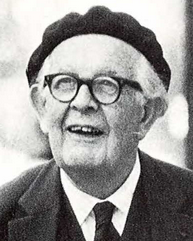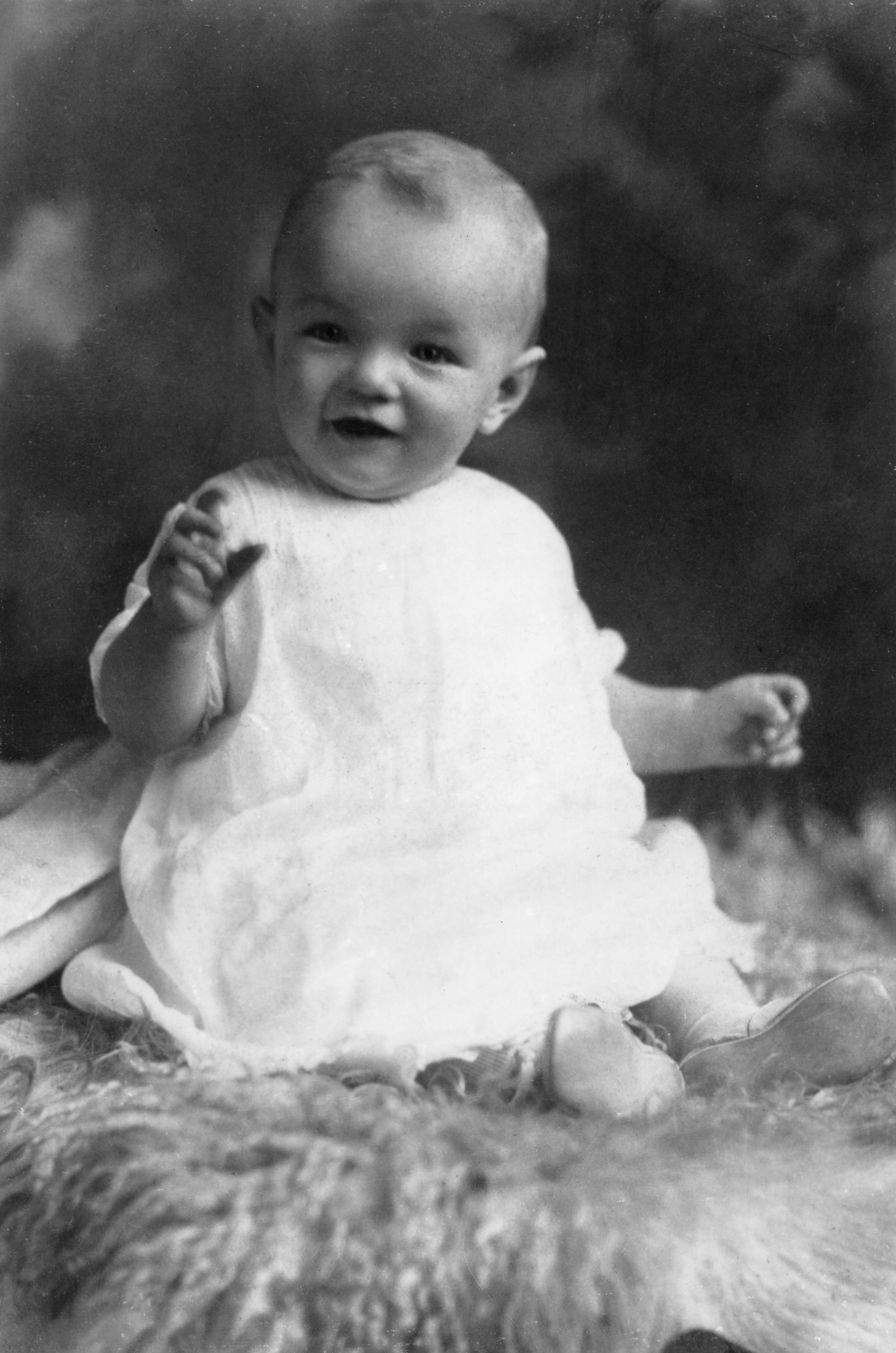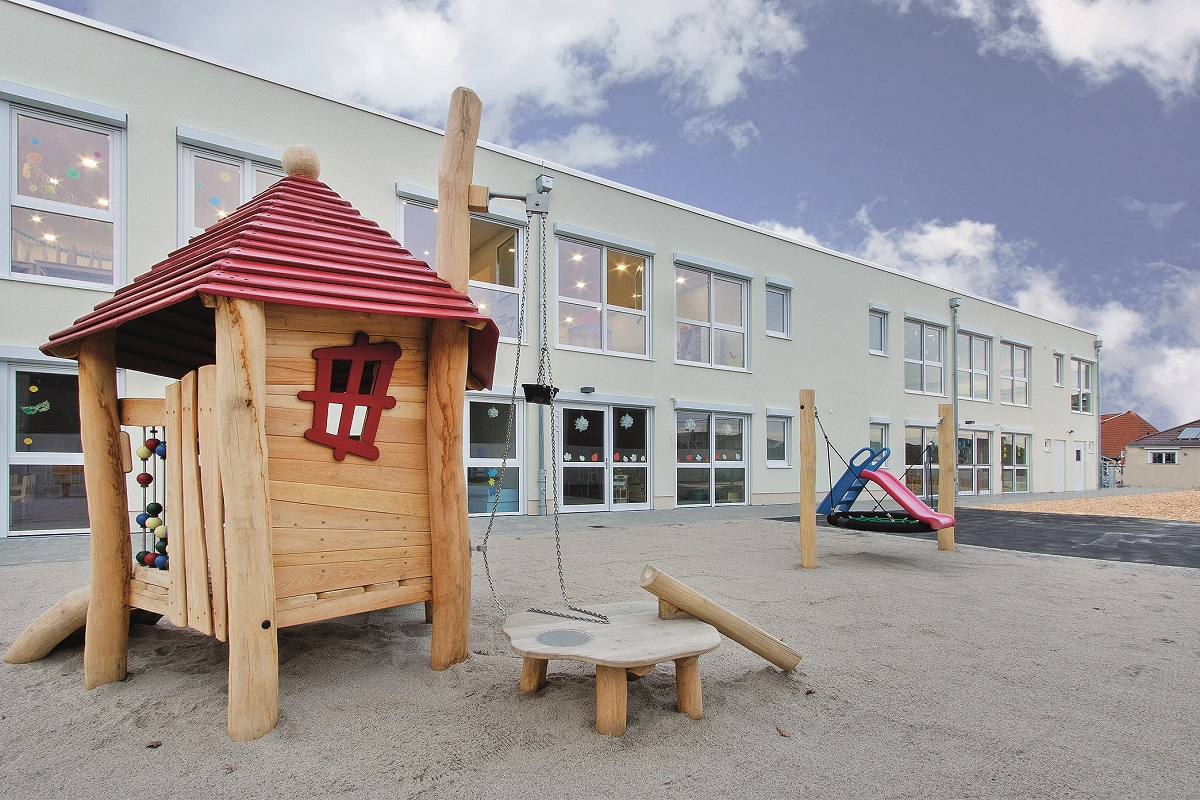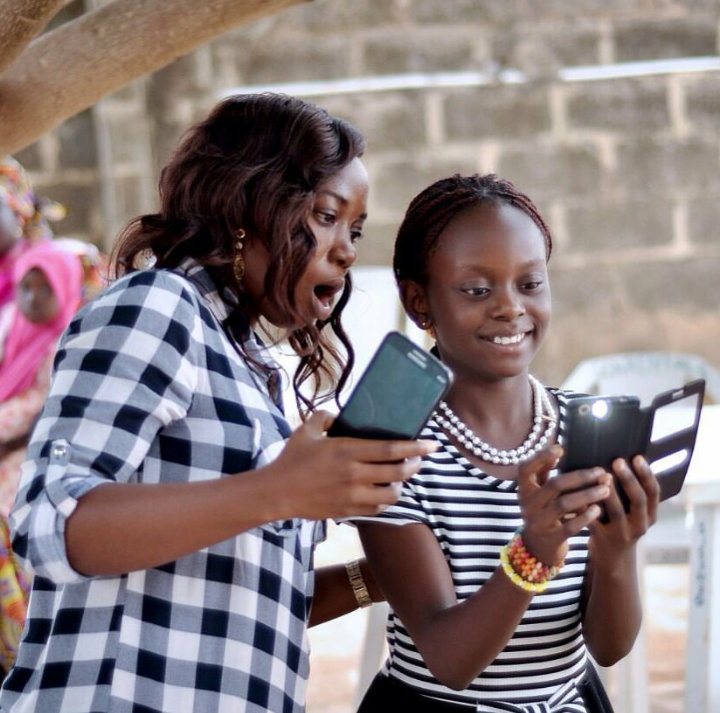Early Childhood Education glossary
Early Childhood Education glossary
Hi, my name is Paula, I have been studying at Marie-Victorin College for 3 semesters and my field of study is Early Childhood Education. I choose to make this glossary to help people who want to study in this field and for parents who are curios. This glossary is going help you to understand the term that we use in the childhood education. I find the definition of the words of my glossary in the google dictionary, Cambridge dictionary and at science direct website. Thank you for watching!!
- attachment
- noun
- A strong feeling of being emotionally close to someone or something.
- Example: I've read every bonding and attachment book there is.
- fr: attachement

- centration
- noun
- Centration is the tendency to focus on only one aspect of a situation at one time. When a child can focus on more than one aspect of a situation at the same time they have the ability to decenter.
- Example: Piaget's pre-operational and concrete operational stages, which encompass the development of children in primary school, propose that the child becomes better at centration as they progress from the former stage to the latter - they are able to focus on an aspect of the situation to the exclusion of all others (Slater, Hocking and Loose, 2003).
- fr: centration

- cognitive
- noun
- Connected with thinking or conscious mental processes.
- Example: In addition, Bowlby reviewed data from academic studies describing infants' cognitive and social development including those of the famous and highly regarded child psychologist's Piaget.
- fr: cognitif

- control
- noun
- To order, limit, or rule something, or someone's actions or behaviour:.
- Example: You must learn to control it. She can learn to control it.
- fr: contrôler
- coordination
- noun
- The ability to make your arms, legs, and other body parts move in a controlled way. The act of making all the people involved in a plan or activity work together in an organized way.
- Example: There are things you should be doing working out, improving balance and coordination Yeah, that sounds like a blast.
- fr: coorditation

- creativity
- noun
- The ability to produce or use original and unusual ideas.
- Example: Education and government applications have the highest impact on reducing the DD, due to their focus on innovation and creativity, enhancing the education process through ICTs use as well as improving the efficiency of public administration.
- fr: créativité

- development
- noun
- The process in which someone or something grows or changes and becomes more advanced.
- Example: Perhaps the most well known application of ultrasound among the general public is in making sonograms, or ultrasonic pictures, of the fetus at early stages in its development to determine that growth is proceeding normally.
- fr: développement

- egocentrism
- noun
- Psychol a stage in a child's development characterized by lack of awareness that other people's points of view differ from his own.
- Example: This basic defect, also found in his naturalistic study of spontaneous dialogue among kindergarten children, was called "egocentrism" by Piaget.
- fr: égocentrisme

- emotion
- noun
- A strong feeling such as love or anger, or strong feelings in general:.
- Example: If one wants to be powerful, it is useful to appear invulnerable; such things as crying, showing emotion and expressing intimacy connote weakness.
- fr: émotion

- environment
- noun
- The conditions that you live or work in and the way that they influence how you feel or how effectively you can work:.
- Example: Finally, interviews were conducted in each setting to ascertain patient preferences and perceptions in the given treatment environment.
- fr: environnement

- infant
- noun
- A baby or a very young child.
- Example: So why not say, then, that in development perception "teaches" action, that as the information delivered up by the input systems becomes progressively "richer" the infant becomes better able to direct his own movements, rather than saying that cognisance develops out of action?
- fr: bébé

- intervention
- noun
- The action of becoming intentionally involved in a difficult situation, in order to improve it or prevent it from getting worse:.
- Example: Insofar as the results show significant relationships between relevant of cognitive, personality, and contextual factors, they provide a new, more accurate description of the problem, and may allow more effective forms of prediction, intervention and treatment.
- fr: intervention

- kindergarten
- noun
- A school or class that prepares children for first grade. A child in kindergarten is typically 5 or 6 years old..
- Example: Whilst this study took place on pre-school children, a similar study by Wagner et al (1994) demonstrated similar findings in a three year longitudinal study on children from kindergarten through to 2nd grade.
- fr: jardin d'enfants

- language
- noun
- A system of communication consisting of sounds, words, and grammar: She does research into how children acquire language.
- Example: He's delivering an oration in sign language. - What's he saying? - He says...
- fr: langue
- learn
- noun
- Gain or acquire knowledge of or skill in (something) by study, experience, or being taught.
- Example: This investigation adds to the growing body of knowledge in this area by demonstrating the positive effects an adventure training intervention has on athletes ability to learn new team and psychological skills.
- fr: apprendre

- myelination
- noun
- The acquisition, development, or formation of a myelin sheath around a nerve fiber.
- Example: Also her ability to coordinate demands from various parts of her brain whilst being selectively attentive requires myelination and increased production of neurotransmitters, which carry nervous impulses across synapses between neurones.
- fr: Myélinisation

- play
- noun
- When you play, especially as a child, you spend time doing an enjoyable and/or entertaining activity.
- Example: In these cases what is sought are situations in which the world of the imagination and the activity of play get reinvigorated.
- fr: Joué

- preschool
- noun
- Of or relating to children who are between about three and five years old and have not yet gone to school, and their activities.
- Example: And it is well known that children who have been read to in their preschool years have a general advantage when the learning of reading begins.
- fr: préscolaire

- psychomotor
- noun
- Relating to the origination of movement in conscious mental activity.
- Example: Learning psychomotor skills A large percentage of nursing consists of actions which, when analysed, can be seen as skills.
- fr: psychomoteur

- skills
- noun
- An ability to do an activity well, especially because you have practised it.
- Example: For many students Chemawa was an alternative to an orphanage, a respite from a dysfunctional family situation, an opportunity to gain an education and or vocational skills, or an opportunity to be with other Indians.
- fr: compétences
